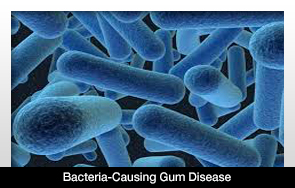 |
Georgia Health Sciences University researchers have come up with a bone-creating protein that could be revolutionary for implants. The protein could increase the rate of success for implants because it would make thin bones stronger.
Dental implants can’t function properly if the bone the implants are attached to is too thin.
The problem for dentists and implant specialists is that bone thinning is generally associated with tooth loss. Bone grafts are then needed in order for implants to be placed successfully into one’s mouth. But the problem is that more surgery is then needed.
In studying animals, it was determined that implanting bone morphogenetic protein in the sinus generated more bone than conventional bone grafts over a four-week period.
The American Association of Oral and Maxillofacial Surgeons claims that 69 percent of adults ages 35 to 44 have lost a tooth because of decay, disease, or trauma. It also claims that 26 percent of adults lose all of their teeth by age 74.
That’s why this finding could be so important, because it would open up the possibility for more people to have implants.

|









